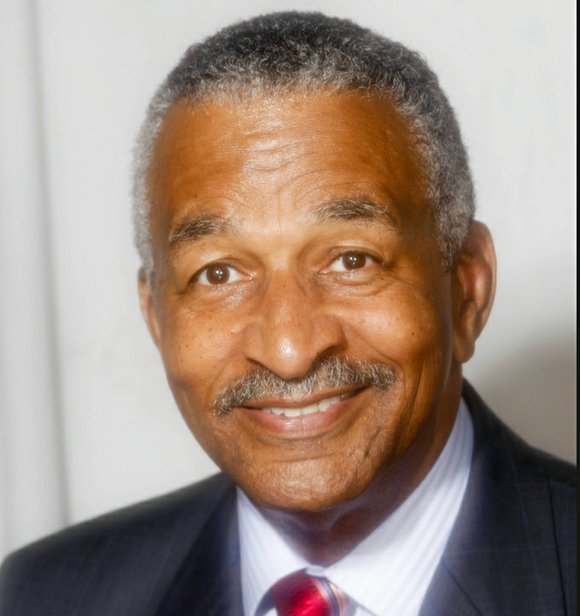Beyond T-shirts and hoodies
11/20/2015, 8:51 p.m.
James Clingman
Recollections of my 1995 article on the business of college athletics danced in my head when I heard the news about the University of Missouri football team’s refusal to play until the president of that university, Tim Wolfe, resigned or was dismissed.
The players said, “Due to his negligence toward marginalized students’ experience” and his lax attitude regarding racial issues on campus, they would no longer participate in football activities. Ultimately, Tim Wolfe resigned.
As I noted in 1995, and in several articles on college athletics and the billions of dollars they generate, money is the name of the game. When coaches of college teams earn several million dollars each year and half-billion dollar stadiums are being built, the actual laborers — the players — get lost in the shuffle.
The players on the Missouri football team are far from being invisible as they are making a statement that has divulged an economic vulnerability. There are lessons to be learned and actions to be replicated from this case.
According to an article on CBS Sports, “Canceling game with BYU would cost Mizzou $1,000,000.” Everything boils down to dollars, if you look deeply enough, and the young men on Missouri’s team are illuminating that reality by their actions. The same thing could be done in professional athletics as well, in an effort to change the business-as-usual approach to racial inequities and mistreatment in the general society. It would be much more effective than T-shirts and hoodies.
Instead of wearing shirts with a nice-sounding slogan on them, or hoodies that connote illegal killings of black folks, black armbands or writing something on their shoes, Missouri football players chose the “nuclear option,” as some in Congress would call it. They put their prospective livelihoods and their scholarships on the line by actually doing something substantive rather than symbolic in response to their legitimate concerns about the conditions on their campus.
The sacrifice these young people are making cannot be overstated, and I commend them for being strong and committed enough to put core values before fame.
Fortunately, they won their game Nov. 14 against Brigham Young University 20-16, upping their record to 5-5 for the season.
They took a principled stand against racism. Other athletes already have fought that battle and some are still paying the price decades later. Tommie Smith, John Carlos, Muhammad Ali, Curt Flood and Craig Hodges, just to name a few, took their stands against the system and took the blows that their peers were unwilling to take. They paid a hefty price for having the temerity to stand up and speak out.
The Missouri football players now find themselves in a crucible of consciousness, and we should stand with them and assure that they do not suffer the same fate as their forerunners. If they are “blacklisted” by the NFL, black people and other sympathizers should boycott NFL games. The same goes for Coach Gary Pinkel, who took the unusual step of standing with his players.
The economic lesson from the players’ threatened “work stoppage,” juxtaposed against Mizzou student Jonathan Butler’s life-threatening hunger strike, is quite revealing. Mr. Butler’s life was virtually ignored, but when the dollars came into play, things changed right away. The university’s message: A black life does not matter, but black dollars do matter. Considering all the critical issues facing black people in this country, we would do well to use economic power instead of relying on political influence to make appropriate changes to our overall condition.
We should celebrate the Missouri players for taking the road less traveled as they fight for their rights on their campus. They chose substance over symbolism, action over passivity.
The writer is founder of the Greater Cincinnati African-American Chamber of Commerce.
George Curry Media







